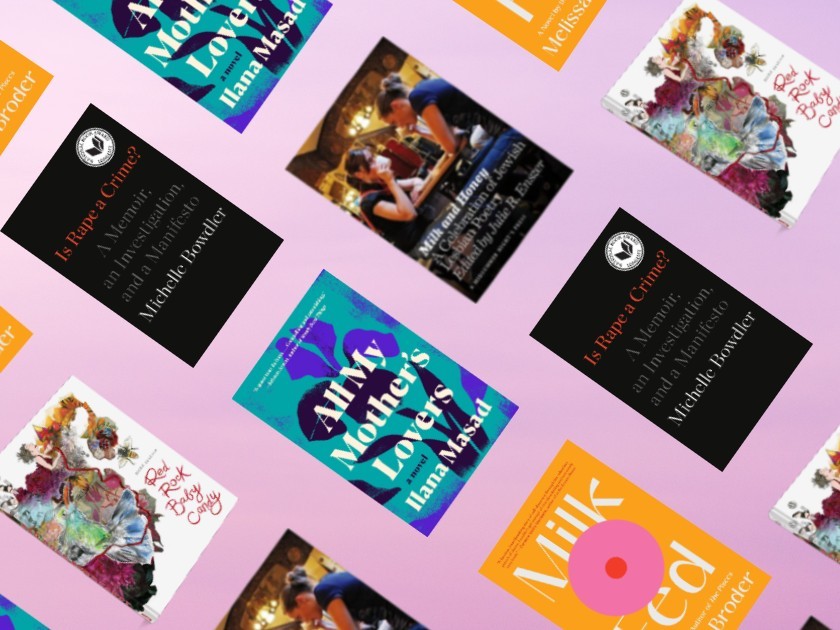
When I was nineteen, my grandma called me to ask if she could set me up with one of her friend’s grandsons, who was allegedly very nice and very cute. Sitting in my dorm room in the East Village, The L Word DVD box set an arm’s length away, I felt that it was as good a time as any to tell her what I had just started to tell the rest of my family: “Baba, I have a girlfriend now.”
There was a long pause. I could imagine her facial expressions on the other end of my flip phone as she reorganized her perception of me. The curly landline cord was no doubt being wrapped around her hand. Finally, after a few audible breaths, she said, “Is she Jewish?” It was the best response I could have hoped for. “Yes,” I said, and I could hear her smile. “That’s wonderful, darling,” she said.
My first girlfriend was not, in fact, Jewish (nor would any of my future girlfriends be, for reasons to be discussed with my therapist, no doubt) but I knew this little lie would make the big reveal easier to digest. And although I’ve never been someone who identifies as Jewish first, as I grew into my new lesbian identity, I realized that Jewish culture has shaped me. As the granddaughter of Holocaust survivors, I come from a legacy of perseverance in the face of hatred; and as a queer woman, my life is only possible because of the generations of activists who fought for equal rights before me. Jewish lesbians live openly and freely today because of all different kinds of survivors.
My identity informs how I move through the world in a way that few people who don’t share it can relate to, which is part of the reason why I love reading books by other queer Jewish women.
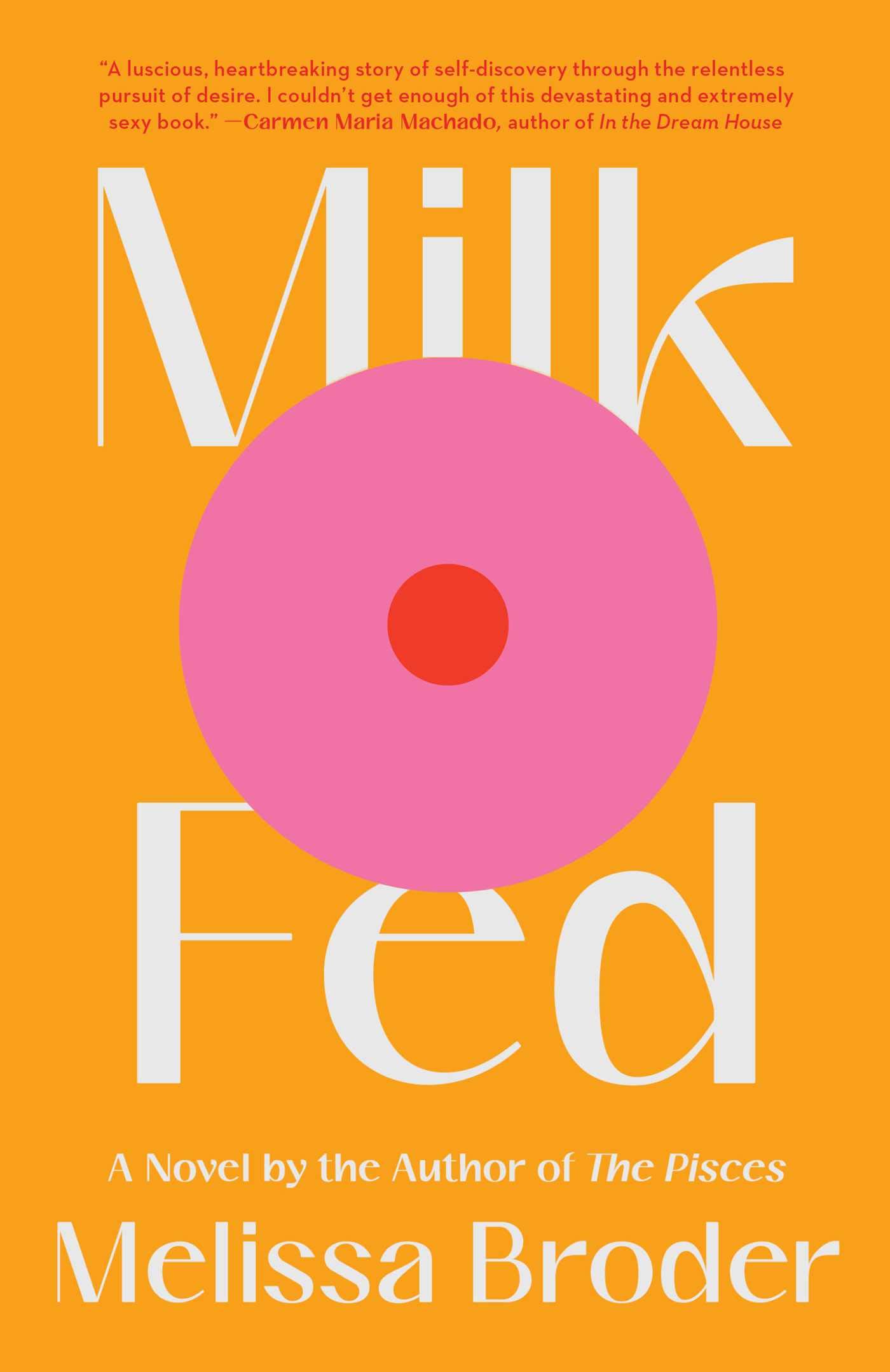
Recently I devoured Milk Fed, Melissa Broder’s newest novel, which is about a young Jewish woman untangling herself from both her anorexia and her overbearing mother as she falls for a beautiful fat woman. The connection between food and love hit almost a little too close to home; my own book, which came out one month before Milk Fed, deals largely with the process of recovery from anorexia, and I saw a lot of myself in Broder’s main character.
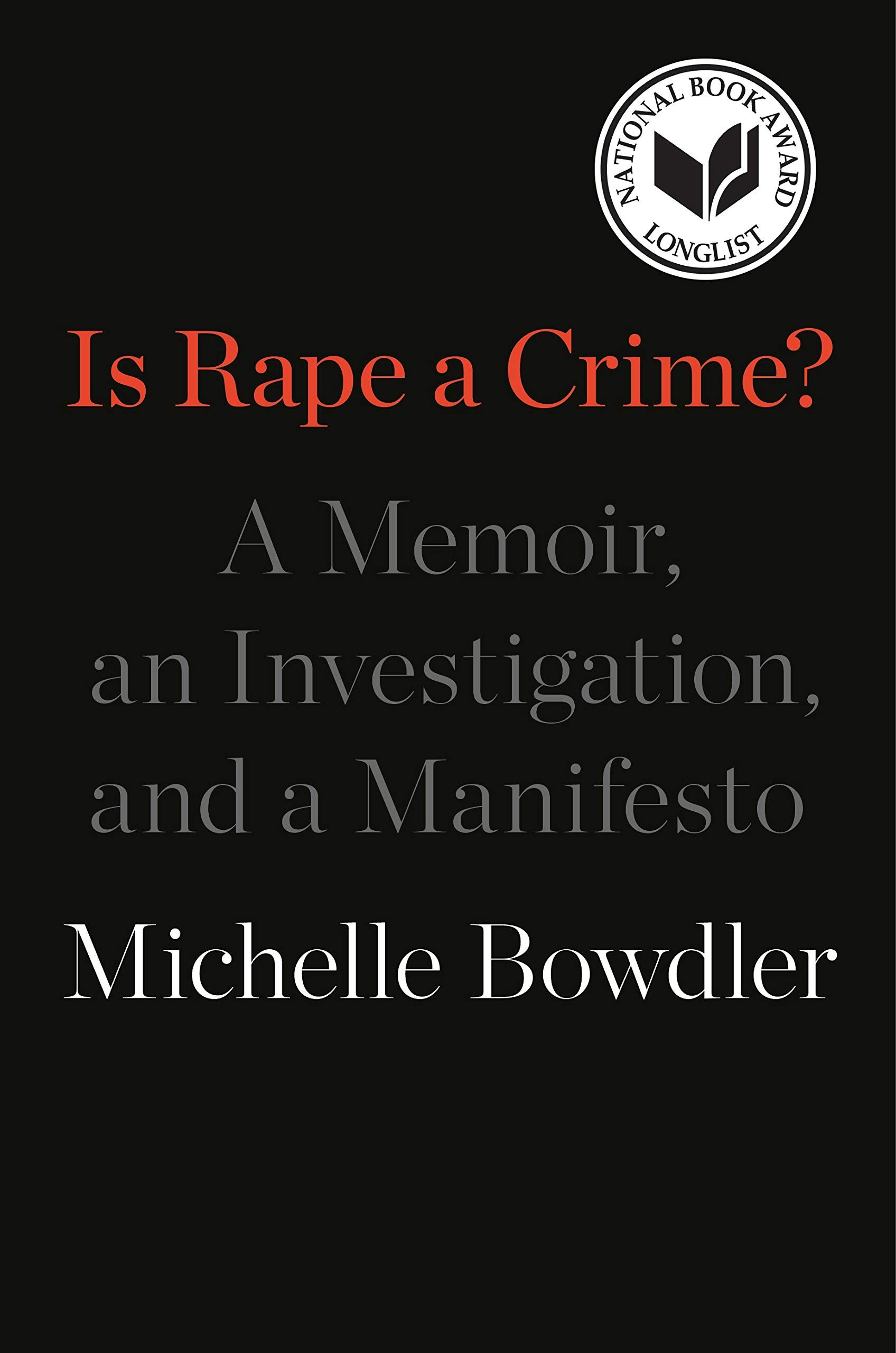
In Is Rape A Crime?, Michelle Bowdler has created a searing memoir-meets-manifesto. Writing about her own rape and the aftermath — during which her case was so neglected that her rape kit wasn’t even tested — she argues that society needs to radically reframe the crime of rape and how we think about survival.
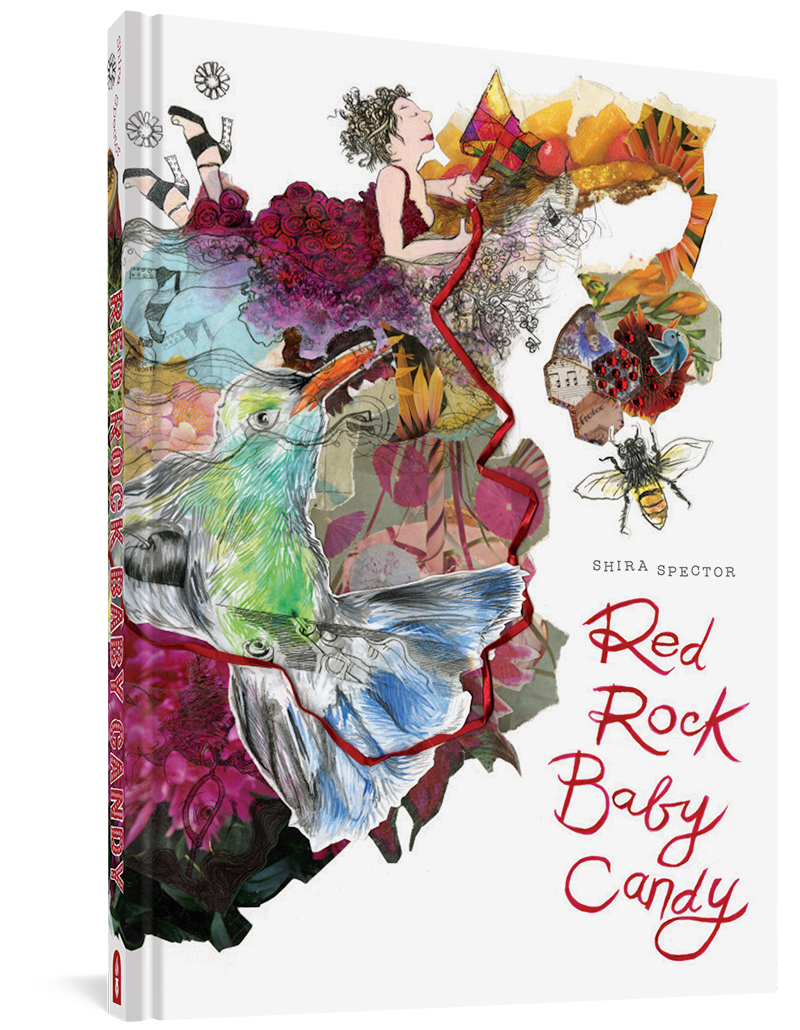
Red Rock Candy Baby, an explosively gorgeous graphic novel by Shira Spector, chronicles Spector’s father’s death as well as the author’s infertility, marriage, and other relationships. With black-and-white drawings that evolve into full-color masterpieces, this book is the best kind of queered storytelling.
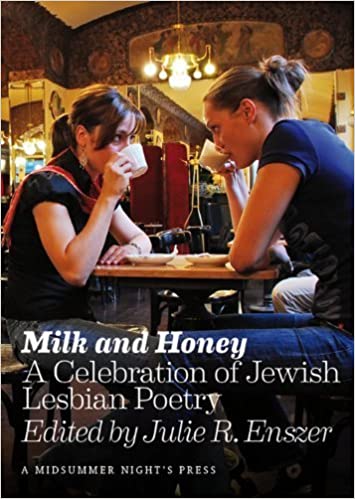
I’ve been carrying around a tiny volume of Jewish lesbian poetry called Milk & Honey since I was in college. Of everything I’ve read by and for Jewish lesbians, this one, edited by Julie R. Enszer, focuses most on religion. It’s a wonderful, confessional, earnest celebration of queer love and organized spirituality.
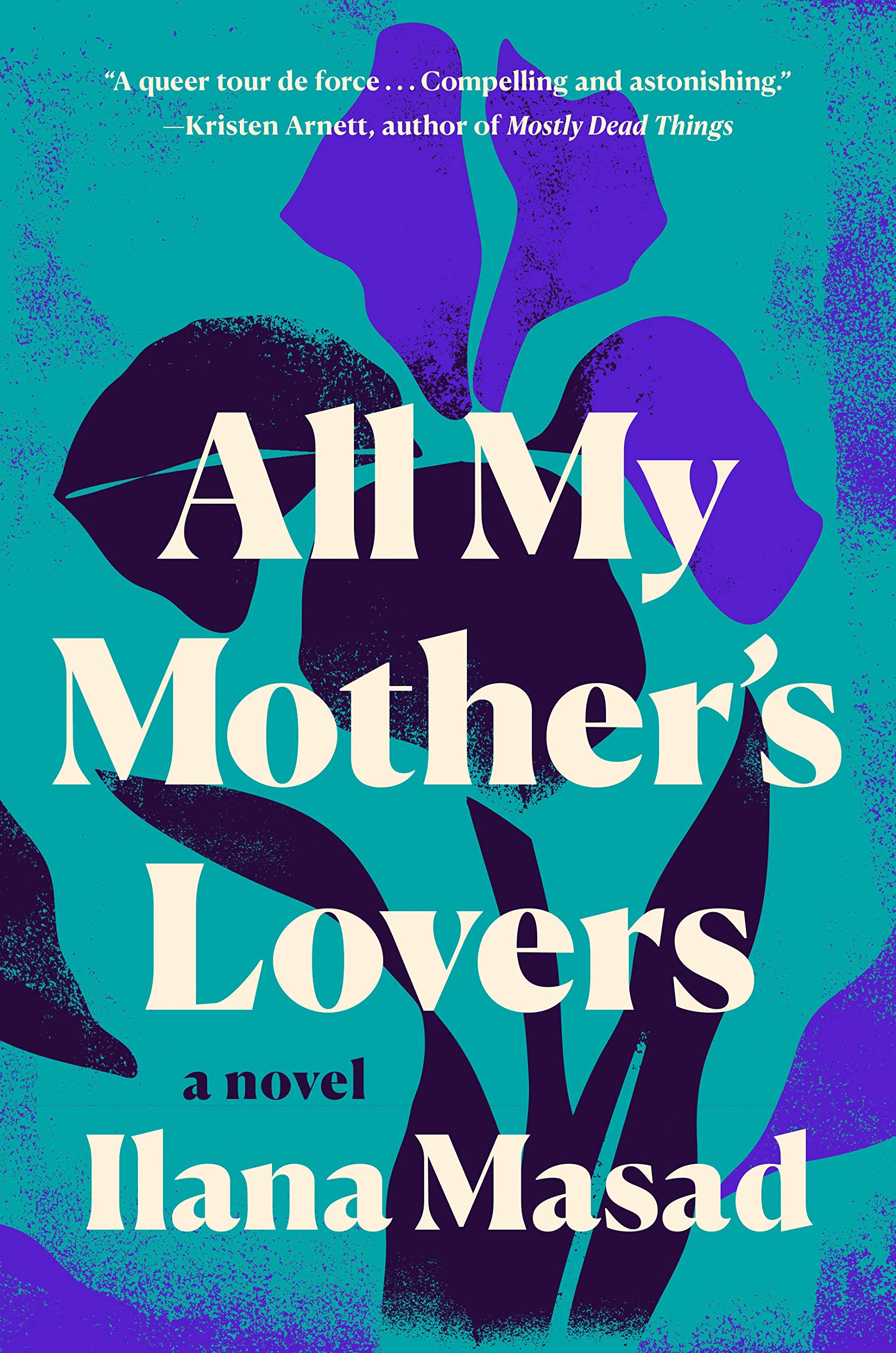
In All My Mother’s Lovers by queer Jewish writer Ilana Masad, the lesbian protagonist loses her mother in a car crash and finds five letters addressed to five different men in her will. This intergenerational story of grief, queerness, and relationships is a must-read.
Jill Gutowitz’s memoir about coming of age as a lesbian in the aughts comes out next June, and I was lucky enough to read a draft. Trust me when I say you’ll laugh, you’ll cry, you’ll cringe. It is so funny and relatable, and I can’t wait for it to come out so I can give it to everyone I know. And finally, in my TBR pile is Long Live The Tribe of Fatherless Girls by T Kira Madden, a memoir that touches on queerness, race, and Jewish identity.
Gabrielle Korn is a journalist and digital media expert, and the former editor-in-chief of Nylon Media, an international lifestyle publication focused on emerging culture. She currently runs Most, Netflix’s home of LGBTQ+ storytelling on social media. She graduated from NYU’s Gallatin School of Individualized Study in 2011 with a concentration in feminist/queer theory and writing. She lives in Brooklyn and is the author of Everybody (Else) is Perfect.